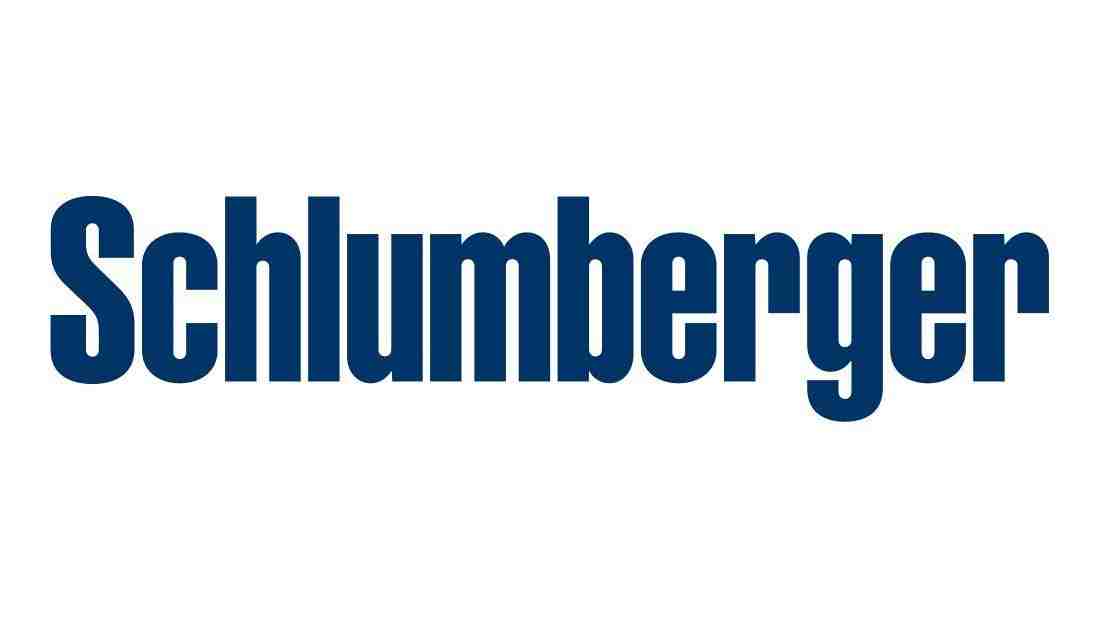Quantam Computing advancing with implementation of new technologies having real time use in information space
.jpg)
Quantum computing is the processing of information represented with special quantum algorithms linked with qubits to address problems of combinatorial complexity. Quantum computing works on entangled state of the quantum phenomena like “superposition” and “entanglement,” machines that can handle information in a fundamentally different way than “classical” computers such as smartphones, laptops, and most powerful supercomputers. Quantum mechanics is used to deliver a huge leap computation to solve certain complex problems to perform computation. Quantum computers the most powerful tool to solve the problems that cannot be solved by supercomputers.
Rising investment towards improving quantum computers with the support of the advanced technologies
Quantum computing is adopting the certain technology such as artificial intelligence, machine learning, programming languages, operating systems, algorithms, input and output hardware, and the most important storage and memory. Increasing investment by the leading research institutes, private companies, and government authorities are investing for developing the quantum computing. For instance, in 2019 UK Research and Innovation (UKRI) has invested around USD 129 Million in the UK for constructing new National Quantum Computing Centre (NQCC) at the Harwell lab of the Science and Technology Facilities Council in Oxfordshire. Thus, rising support for quantum research and technologies by private and government’s authorities for large technology have ramped up quantum computing market growth. For instance, in between 2017 and 2018, several leading companies such as IBM, Google and Microsoft have received at least USD 450 million in private funding. Thus, such increase in the investment by the leading firms is expected to strengthen the quantum computing market growth. Further, Google’s Quantum Computer is the world’s highest speed that is 158 Million times faster than the world’s fastest supercomputer new computing in scale, and capability is continuously achieving new milestones.
Tremendous increase in the adoption of number of connected devices IoT, AI, and sensors with the evolution of 5G network
Rising evolution of the 5G coupled with rapid adoption of the connected smart devices such as laptops, smart phones etc. with rising internet penetration is expected to witness potential demand for the quantum computing market. For instance, according to the We Forum Organization in 2019, globally an estimated more than 21 Billion connected devices were being adopted and is projected to reach 41 Billion by 2025. Thus, rapid adoption of the connected devices around the globe have created massive information and generated huge amount of data across the globe. Thus, increase in huge amount of data through the connected devices have created massive demand for the quantum computing to extract required data and solve the complex problems by performing computation. Thus, quantum computing are used to handle large amount of data by performing computations much faster than traditional and solves problems related to cybersecurity with powerful quantum computer. Quantum computing uses quantum bits or qubits for performing computations. Quantum computing addresses concerns of the connected devices as it help to speed up the verification and validation process across all the systems while ensuring constant optimization of the devices.
Also, leading players are adopting and launching new technology based quantum computing in collaboration with research institutes and government organizations. For instance in 2020, the Cambridge Quantum Computing (CQC) has made an agreement with Honeywell Quantum Solutions for establishment of accessing the Honeywell’s recently launched premium quantum computer System Model H1. Honeywell’s quantum charge-coupled device (QCCD) have trapped ion technology. It offers 10 fully connected qubits, 128 volume highest measured in the industry to date. Thus, Honeywell have designed the system upgraded with continuous performance enhancements higher fidelities, qubit counts, and unique feature modifications.
5G networks in quantum computing leverages faster speed in the certain instrumental for delivering fixed-point wireless broadband service. 5G deployments enable advanced technologies in IoT, smart cities, and artificial intelligence systems. 5G technology offer more than ten times faster speed than 4G and will allow a greater number of devices to connect with each areal unit at once. Thus, 5G evolution will enhance the quantum computing technology method that always needs connectivity to get more and faster speeds.
Immense competition for achieving advanced technology quantum computing method to solve the real time problems
Quantum computers help to reduce power consumption from 100 to 1000 times depending upon its Quantum tunneling, capacity and structure. Thus, several leading players such as IBM, Microsoft, Intel, Applied Materials and Lockheed Martin are involving in the research centers projects related to the quantum computing. The funds came to these companies reached US$ 1.2 billion allocated by the National Quantum Initiative Act in the United States. Thus, to reduce the power consumption and surge in the dependency on the computer to solve the real time problems along with rising demand for reducing the power consumption have impelled the quantum computing market growth. Further, Governments, academia, research institutes and many technology leaders in industry are investing advanced technology like quantum computing and are contributing to develop functional quantum computing methods across the globe. For instance, as of 2019, the U.S. Department of Energy researchers from academia in collaboration with U.S. national labs and industry have opened five new National Quantum Information Science Research centers to help catalyze quantum information science research.
Rising security Implications with the use of the quantum technology
Computational assumptions are used in the security of classical cryptography. The security of encryption is stored in terms of "bits of security." This uses different algorithms with different properties for acquiring security. It takes several computational steps for an attacker to crack the a 128-bit security key and thus, quantum computing can be utilized to crack numerous encryption at faster pace which has the ability to solve the complex 128 bits of security. Thus, several countries and continents including the United States, Europe, Russia, China, Columbia, Canada and more have implemented national quantum information science programs initiatives for providing security to reduce the cyber attacks. Recently, in 2019, IBM has issued a warning for the implementing quantum computers that break current encryption capabilities. Further, recently in April, 2021, IBM launched new tools eases the use of quantum computing development. Similarly, several other leading players such as like Microsoft, Amazon, Google and Rigetti have built quantum computing systems and services to facilitate security implications across the rising global data and resolve surge in complex real time problems. Also, in Jan, 2021, AWS in collaboration with Meity have planned to launch quantum computing applications lab in India to support a national Indian government’s mission to drive innovation to accelerate quantum computing-led research and development facility in the country.
Industries
Our Clients






